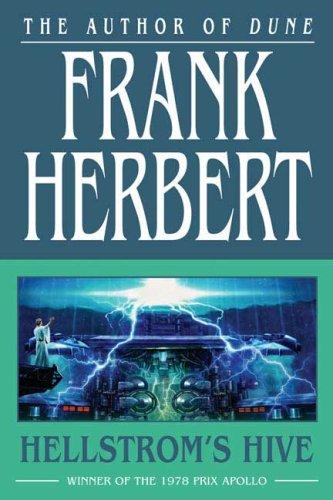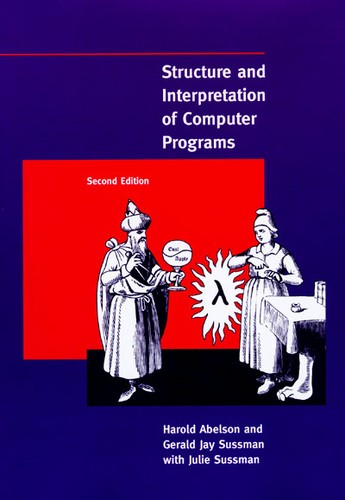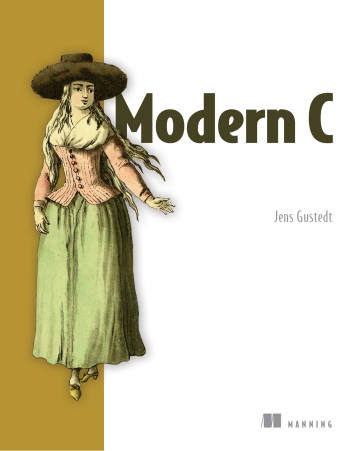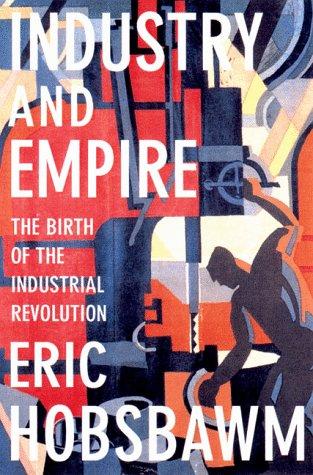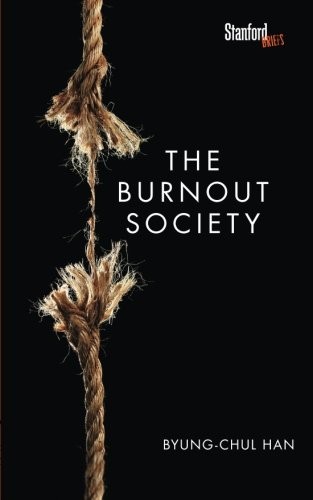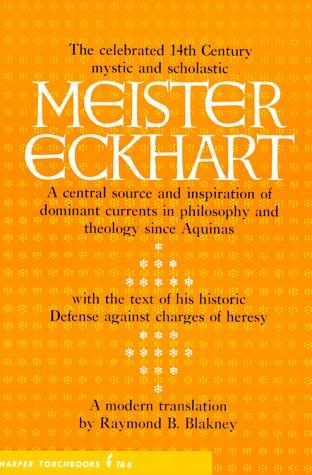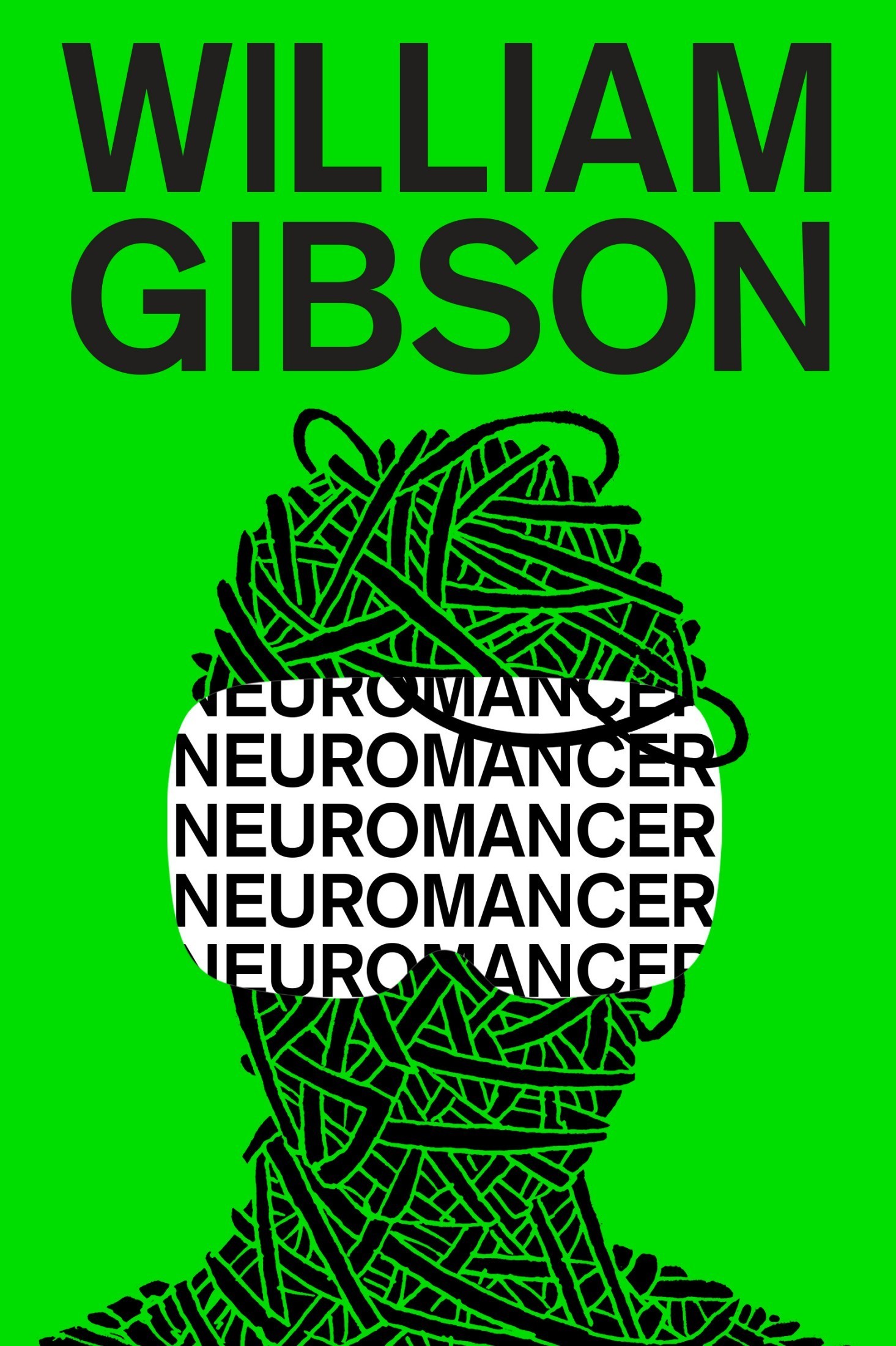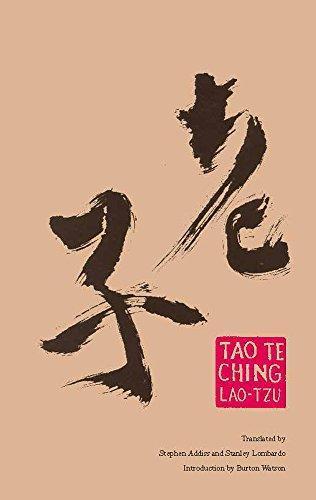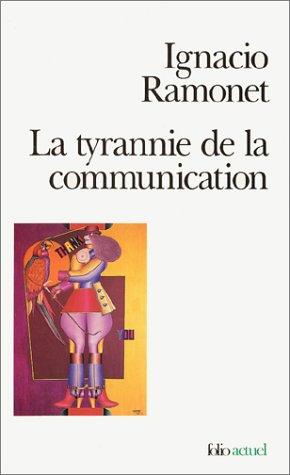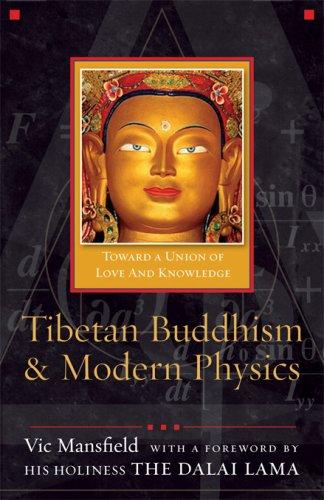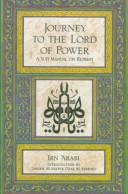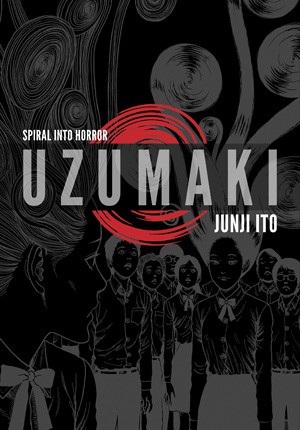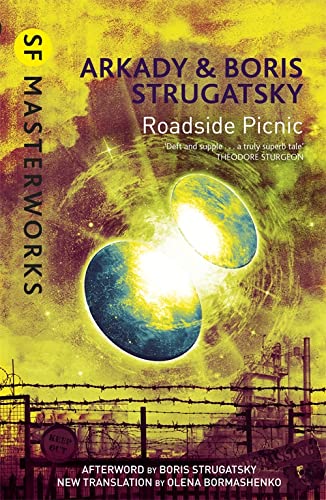jarizleifr reviewed Frankenstein by Mary Shelley
Sharp and thought-provoking
5 stars
A disclaimer, I've not read the 1831 "popular edition", so I don't know how this actually differs from it, apart from knowing this is the more "radical" version of the story.
Nevertheless, this felt agonizingly relevant in this day and age, where the most ambitious, self-important "inventors" create something hideous and thoroughly pointless, that no one asked or wanted, yet sow pain and misery to anyone involved.
There is a lot of detailed nuance here about retribution, vengeance and remorse, it feels almost like an honest, inner monologue you'd wish the trailblazers and industrialists of the world had with themselves. Just a long look in the mirror and ask of themselves whether they really want to be known for such a grisly, horrid work.
Probably one of the best books I've ever read. It works as both as gothic horror and as a still-relevant cautionary tale about …
A disclaimer, I've not read the 1831 "popular edition", so I don't know how this actually differs from it, apart from knowing this is the more "radical" version of the story.
Nevertheless, this felt agonizingly relevant in this day and age, where the most ambitious, self-important "inventors" create something hideous and thoroughly pointless, that no one asked or wanted, yet sow pain and misery to anyone involved.
There is a lot of detailed nuance here about retribution, vengeance and remorse, it feels almost like an honest, inner monologue you'd wish the trailblazers and industrialists of the world had with themselves. Just a long look in the mirror and ask of themselves whether they really want to be known for such a grisly, horrid work.
Probably one of the best books I've ever read. It works as both as gothic horror and as a still-relevant cautionary tale about untempered ambition.
